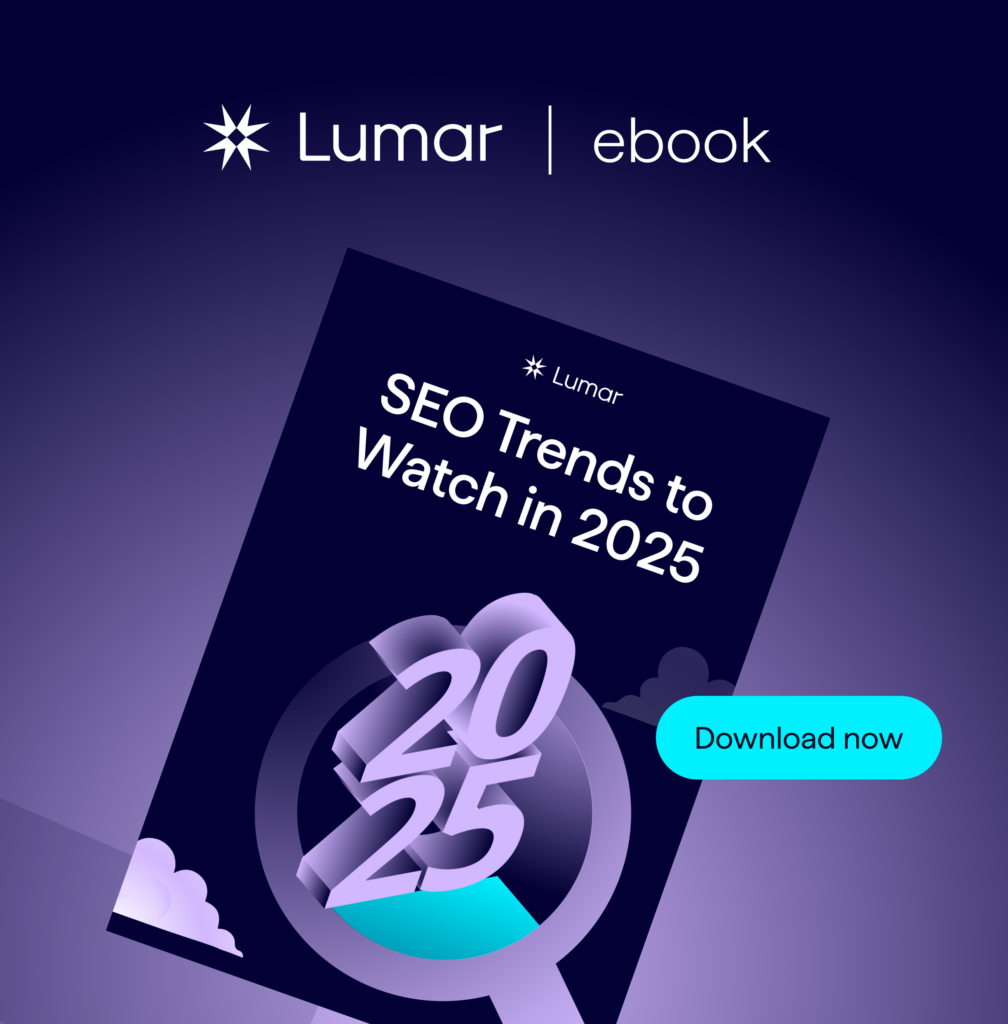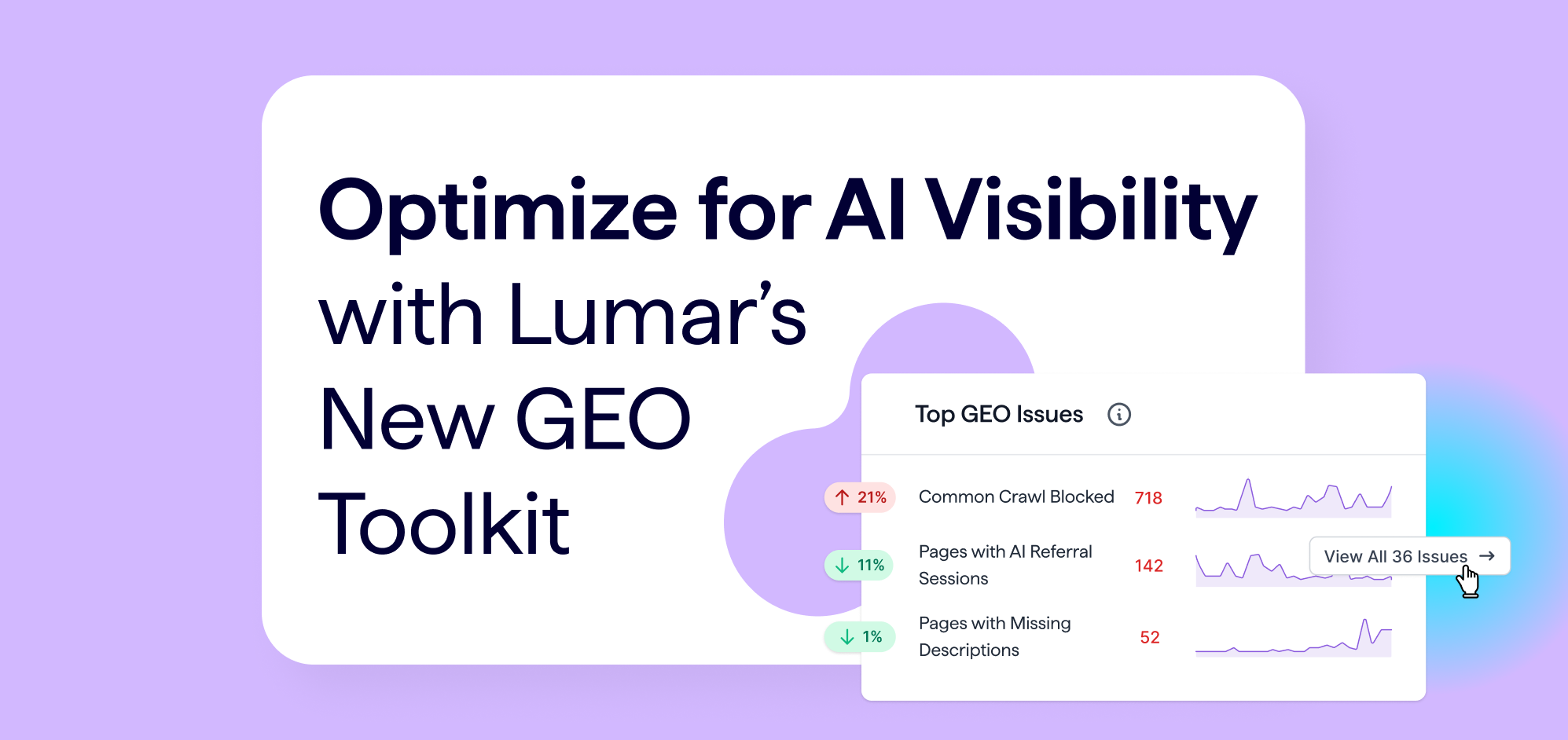How does your website’s site-wide content quality impact your organic search rankings?
In this guide, we explore how search engines like Google look at site-wide signals within their ranking algorithms — plus, we’ll dive into Google’s crackdown on “site reputation abuse”, its updated spam policies, the Helpful Content System, and E-E-A-T best practices.
* Note: This article is an excerpt from our comprehensive 2025 SEO strategy guide, which you can download for free here: 2025 SEO Trends to Watch.
How do search engines use site-wide signals and classifiers?
Google has clarified in recent years that while its search ranking systems were primarily designed to work on the individual page level, its ranking systems also use site-wide signals to better understand and classify website content:
“Our ranking systems are designed to work on the page level, using a variety of signals and systems to understand how to rank individual pages. Site-wide signals and classifiers are also used and contribute to our understanding of pages. Having some good site-wide signals does not mean that all content from a site will always rank highly, just as having some poor site-wide signals does not mean all the content from a site will rank poorly.”
(Source: Google Search Central’s “Guide to Google Search Ranking Systems”)
In Google Search Central’s documentation on their updated spam policies (more on those below!), they also reiterate:
“Our core ranking systems are primarily designed to work on the page level, using a variety of signals and systems to understand how to rank individual pages. We do have some site-wide signals that are also considered.”
Site-wide signals in Google’s Helpful Content System
This emphasis on site-wide signals was also evident in the introduction of Google’s “Helpful Content Update” (HCU) — later known officially as its Helpful Content System — which became part of Google’s core ranking systems last year.
The Helpful Content System aims to help the search engine identify and show more original, authoritative, and trustworthy content to users while deprioritizing low-quality content in its search results. (The timing of this update, following on the heels of widespread adoption of generative AI tools, is perhaps unsurprising.)
Because the Helpful Content System looks at sitewide signals of content quality, it considers factors that go beyond a single page or blog post when determining how to rank that page.
Per Google’s documentation on the HCU:
“This update introduces a new site-wide signal that we consider among many other signals for ranking web pages…”
“Any content — not just unhelpful content — on sites determined to have relatively high amounts of unhelpful content overall is less likely to perform well in Search, assuming there is other content elsewhere from the web that’s better to display. For this reason, removing unhelpful content could help the rankings of your other content.”
(Source: Google Search Central)
Updates to Google spam policies and warnings against parasite SEO
Google’s push to surface more high-quality content in recent years has been paired with more aggressive updates to its spam policies. Early last year, Google signaled that it would begin incorporating more restrictive spam policies in its upcoming core updates.
According to the Google Search Central blog:
“Site reputation abuse is the practice of publishing third-party pages on a site in an attempt to abuse search rankings by taking advantage of the host site’s ranking signals.”
“We’re clarifying our policy language to further target this type of spammy behavior. We’re making it clear that using third-party content on a site in an attempt to exploit the site’s ranking signals is a violation of this policy — regardless of whether there is first-party involvement or oversight of the content.”
Already, these spam policy updates are having an influence on how publishers approach their SEO content. In December, The Verge reported that Forbes started cutting ties with third-party writers in response to Google’s recent crackdown on “site reputation abuse” (aka “parasite SEO”).
Though Google’s spam policy documentation notes that, when it comes to freelance writers: “While freelance content is third-party content, freelance content alone is not a violation of the site reputation abuse policy. It is only a violation if there is ALSO an attempt to abuse search rankings by taking advantage of the host site’s ranking signals.”
“I think there will be a shift in strategy for large, enterprise-level websites, emphasizing quality over quantity.
“Rather than continuously producing new content, I imagine these sites will focus on maintaining and optimizing existing high-performing pages.
This approach aims to keep the most valuable pages relevant and aligned with user intent, search trends, and algorithm updates.
By refreshing popular content, enterprise sites can better maintain search rankings, improve user engagement, and leverage established authority, providing a more sustainable and effective approach to content management and SEO.”
SEO expert insights from:

E-E-A-T and how to produce quality site-wide content
“It’s been two years since the E-E-A-T section in Google’s Quality Rater Guidelines was updated to include a second ‘E’ — for experience — in their E-E-A-T (experience, expertise, authoritativeness and trustworthiness) guidance. Since then, Google’s algorithms have become even more adept at detecting E-E-A-T signals within the content we publish,” says Natalie Stubbs, Senior Technical SEO on Lumar’s professional SEO services team.
“AI is rapidly changing the way content is created, but the goal of search engines has very much stayed the same: to surface quality content and unique perspectives to their users.”
“Through E-E-A-T and their Helpful Content Updates, Google is openly telling us what kind of signals the algorithm is looking for. Developing content with a strong grounding in real-world experiences is one of the key ways publishers can demonstrate to search engines that their content meets these goals.”

When Google updated its earlier “E-A-T” guidance in the Quality Raters Guidelines (QRG) to include the second E for “experience” — extending the acronym to E-E-A-T (Experience, Expertise, Authority, and Trustworthiness) — it signaled the continued importance of human-first content for SEO.
As we’ve discussed throughout this guide, content quality clearly seems to be top-of-mind for Google in 2025. Again, this shouldn’t be surprising given the growing concern about poor-quality, AI-generated content flooding the web. In fact, the E-E-A-T update in Google’s Quality Rater Guidelines was implemented just weeks after Open AI’s ChatGPT was first launched to the wider world!
It is important to note that search rankings are not directly affected by Google’s Quality Rater Guidelines, which were developed to help Google’s human search quality reviewers evaluate and rate Google’s search results and drive future improvements in their algorithms. That is to say, not everything mentioned in the QRG is directly integrated into today’s Google search algorithm as individual ranking factors for your website.
However, the QRG can give you a better idea of what kind of content Google wants to prioritize and show more of to its users — and what future search algorithm updates will likely aim to incorporate. This is evidenced by the ‘Hidden Gems’ algorithm update, which prioritized content that demonstrates firsthand experience and followed the QRG’s E-E-A-T updates — and by the ongoing emphasis Google has placed on its Helpful Content System updates.
Based on the QRG documentation, Google’s human search quality raters should evaluate the following factors when determining content quality:
- The page should serve a useful purpose
- Experience, Expertise, Authority, and Trust (E-E-A-T)
- Content quality and quantity
- A description of the website or the creator of the main content
- The reputation of the website or the content creator of the main article
If you want to create website content that is poised to rank highly in the SERPs this year, it’s important to consider how your content demonstrates experience, expertise, and trustworthiness — and how it’s building topical authority around the subjects that matter most for your brand. Remember that a primary goal of all search engines is to meet their users’ search intent with content that is informative and, more importantly, accurate.
Quick tips for creating better E-E-A-T content:
Good content for SEO today should follow the basic tenets of good journalism.
- Work with writers and contributors who have actual subject matter expertise to create helpful content and share first-person experiences. — Your website content needs to do more than just mention keywords to rank well in search today, it needs to provide actual value.
- Make it easy for users to verify the factual information you publish — include sources, citations, and relevant links to authoritative research reports, studies, and data points in your content.
- Create author bios that highlight why your contributors are qualified to write about the subjects they cover.
- Build out topical authority for your website by creating and organizing your high-quality content around core topics that are relevant to your brand.
Further reading on E-E-A-T and content strategies for 2025
- “E-E–A-T: Why Experience Matters in Website Content” (Lumar blog)
- “How our Quality Raters make Search results better” (Google Support)
- The Full Search Quality Evaluator Guidelines (Google)
- How to Build Topical Authority for Your Website (Lumar blog)
- SEO Trends: Be Smart About Artificial Intelligence & AI-Generated Content (Lumar blog)









